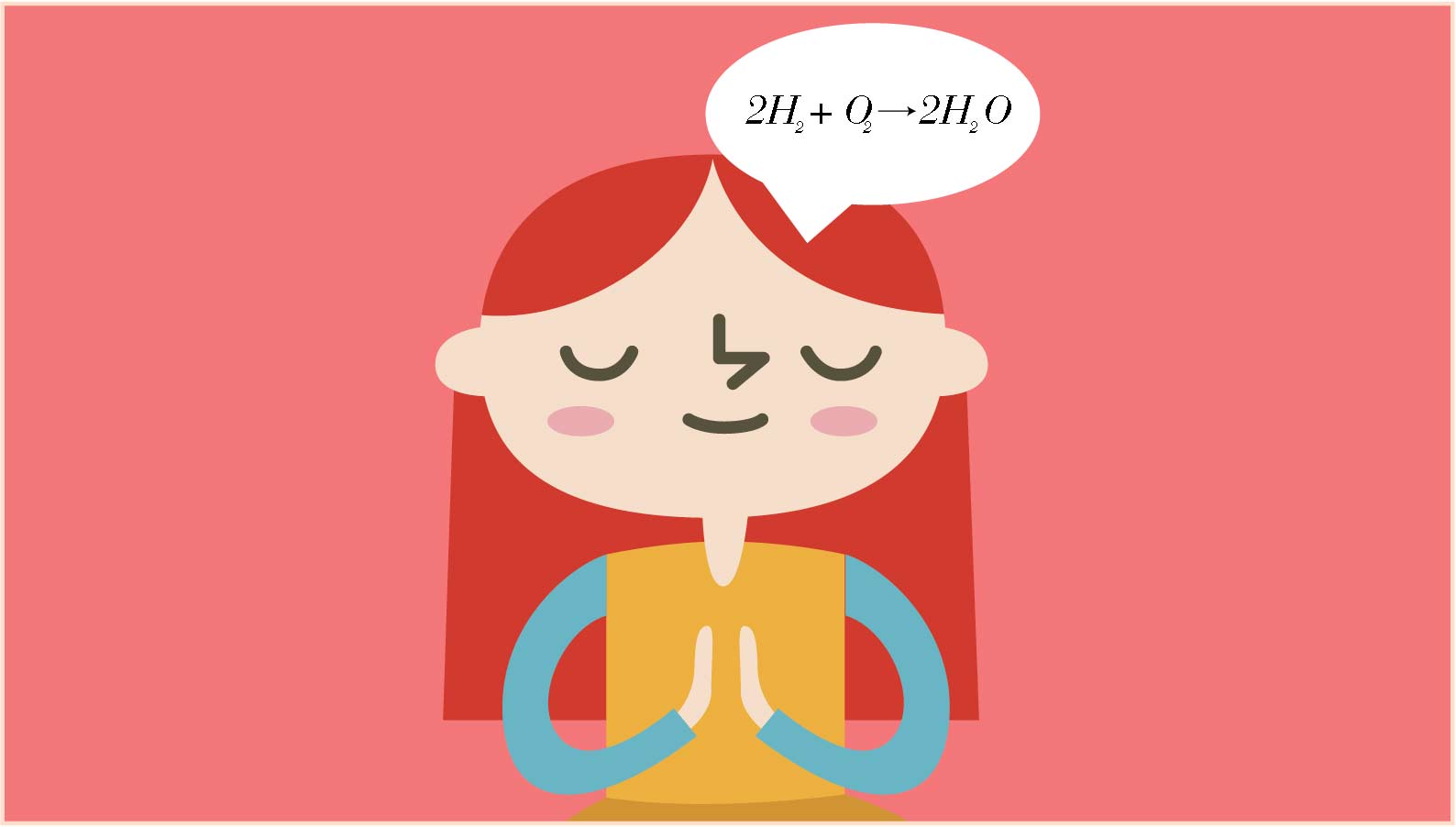Illustration by Marika Mirren
Sleep Therapy
by Hannah Tate
Can you remember the last time you were consistently getting enough sleep? Not the sleep where you wake up five times to pee, or finally doze off after contemplating for hours whether an avocado is a vegetable or a fruit (rest easy: It’s actually a single-seeded berry). We mean that deep sleep that’s rejuvenating, doesn’t leave you wanting more and gets you through the “afternoon slump.” Did you know that some of us need nearly 11 hours of sleep to really feel rested? Although scientists are still studying all the reasons why we sleep, we do know some of the benefits. Here are three that should encourage you to treat it as the foundation of any health program you’re embarking upon. If you’re waking up without an alarm, that can be one sign that you’re getting the right amount of shut-eye.
Sleep makes you smarter
You really do need a good night’s sleep before a test or presentation. According to the National Sleep Foundation, all the information we absorb during the day needs to be processed and stored, which happens while we sleep. Through a process called consolidation, bits of information are moved from short-term to long-term memory. Our brain also pieces together knowledge from different areas of the brain during sleep, aiding us in problem-solving and generation of new ideas.
Sleep influences our mood and mental health, as well. Anyone can tell you how even one bad night of sleep can leave you feeling irritable. That’s because disrupted sleep can influence your energy, motivation and emotions. Long-term disrupted sleep has been linked to anxiety, depression and stress, according to the Division of Sleep Medicine at Harvard Medical School.
Rest fights off infection and even heart disease
Sleep is one of the easiest ways your body helps fight infection. The fatigue that sets in when you get sick is no accident. The immune system produces a substance that both fights disease and causes fatigue, so you’ll be inclined to sleep and help fight the disease more quickly.
Sleep can also affect your heart’s health. People who don’t sleep enough are at a higher risk for heart disease, no matter their age, weight, smoking or exercise habits. According to the National Sleep Foundation, one study found that adults over the age of 45 who slept six hours or fewer were about twice as likely to suffer a stroke or heart attack compared with those who slept six to eight hours per night.
‘Beauty rest’ also keeps you fit
Getting enough sleep may help you maintain a healthy weight. Sleep is now seen as a potential risk factor for obesity, in addition to eating and exercise habits. According to Harvard Medical School, studies have linked six hours of sleep or fewer to a higher body mass index and eight hours of sleep to a lower BMI.
In order to gain the full benefits of sleep, you should follow the recommended hours for your age group and maintain consistent sleeping habits. For adults 18 to 65 years old, seven to nine hours is recommended, and adults 65 and older should get seven to eight hours, according to the National Sleep Foundation. But sleep is highly personal: Some may find they only need six hours of sleep or they need 10 to 11 hours to feel rested, but it’s up to each individual to determine their magic number.








Fantastic article – very informative and well written.